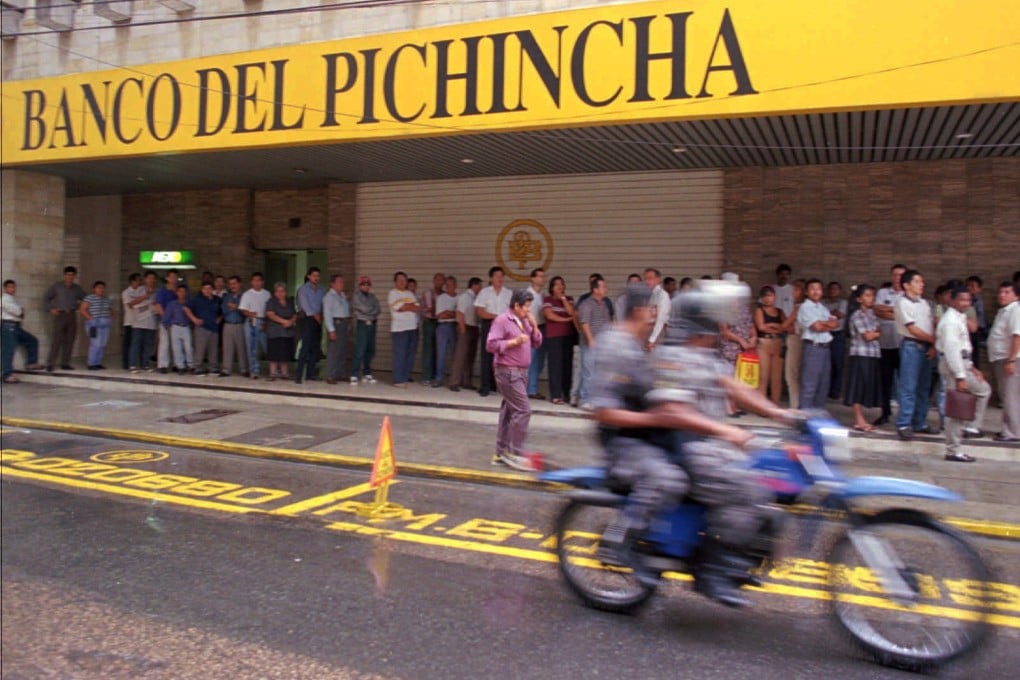Macroscope | Why the rule of law is vital to the value of money

The rule of law subjects the State to a fixed set of rules that limits the scope of its coercive powers. Individuals and their property are protected from the arbitrary, ad hoc actions of the State and other individuals. In consequence, individuals can plan their activities within the confines of known, fixed “rules of the game.”
This allows people to pursue their personal ends, as long as their actions do not infringe on the broadly-defined property rights of their fellow citizens. When properly applied, the rule of law guarantees freedoms in the economic, political, intellectual and moral spheres.
Today, Venezuela has at best a tenuous grip on the rule of law. This is nowhere more visible than in the monetary sphere.
The country’s foreign exchange reserves are falling like a stone. Relative to the mighty US dollar, Venezuela’s currency, the bolivar, is also falling like a stone. As night follows day, inflation has soared as the bolivar has plunged.
Using exchange rate data that The Johns Hopkins-Cato Institute Troubled Currencies Project has collected over the past year, I estimate Venezuela’s current annual inflation rate to be 500 per cent. That’s the highest rate in the world.
Facing this inflationary theft, Venezuelan’s have voted with their wallets. Indeed, they have unofficially begun to dollarize the economy.
